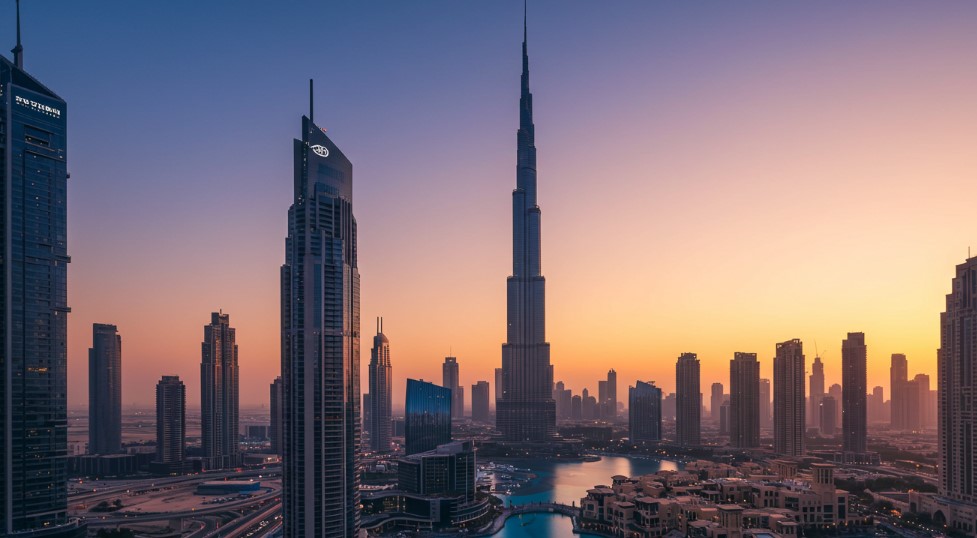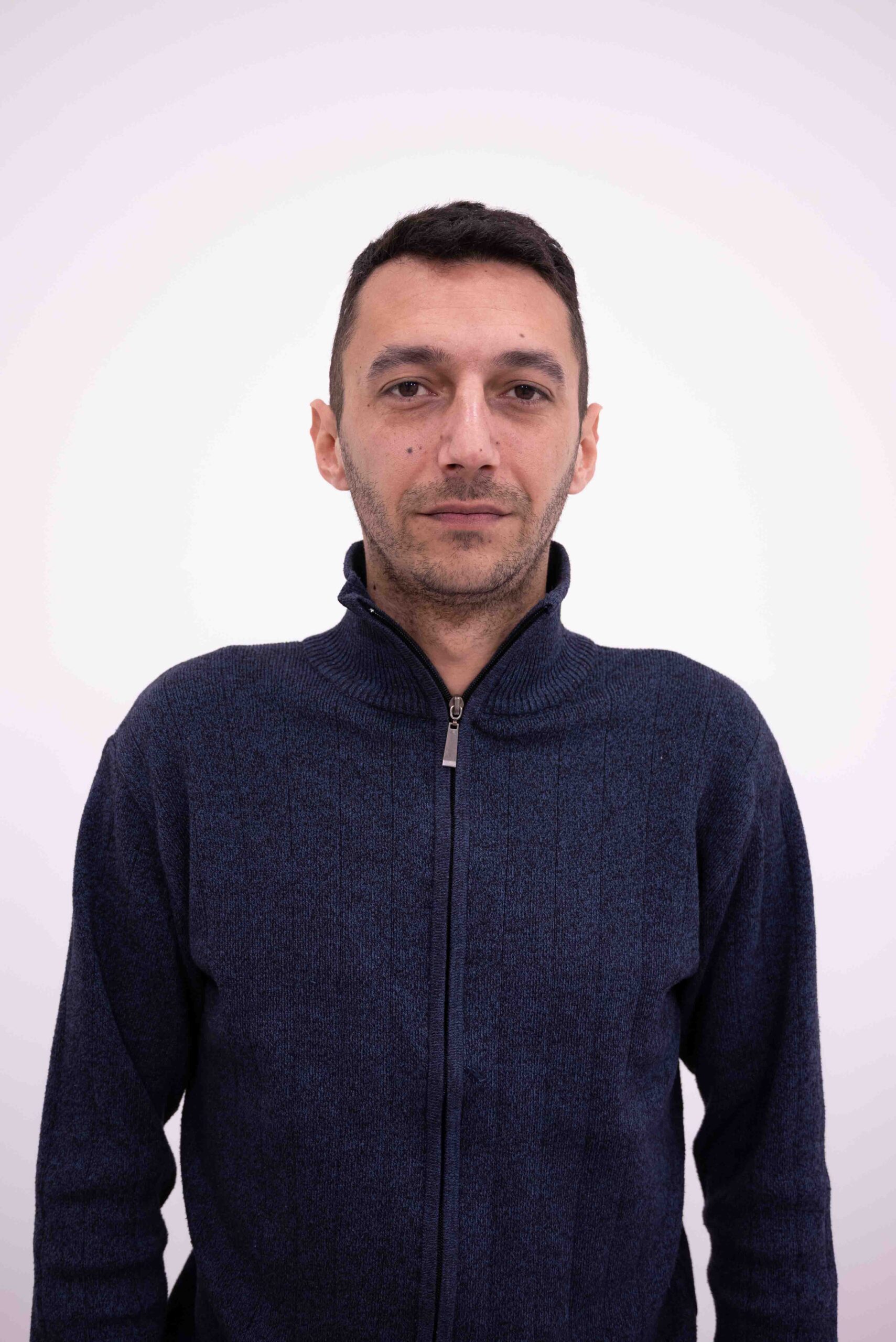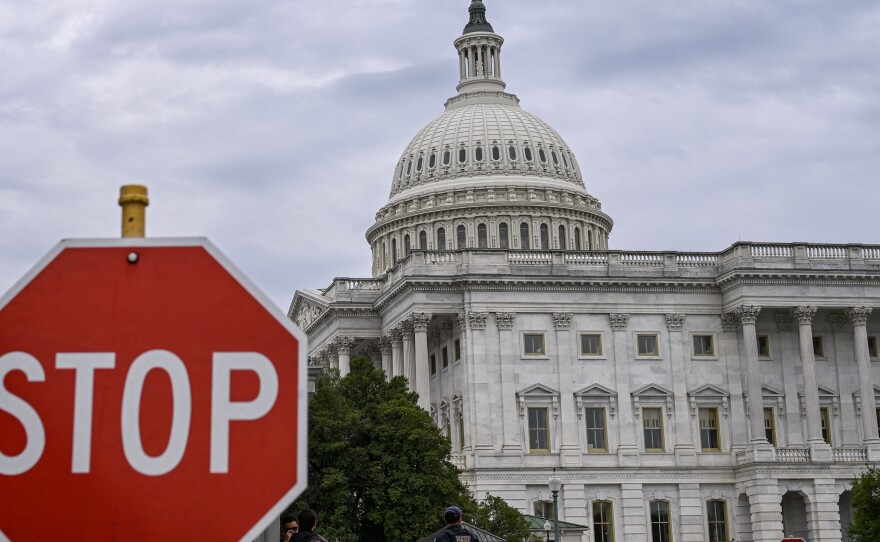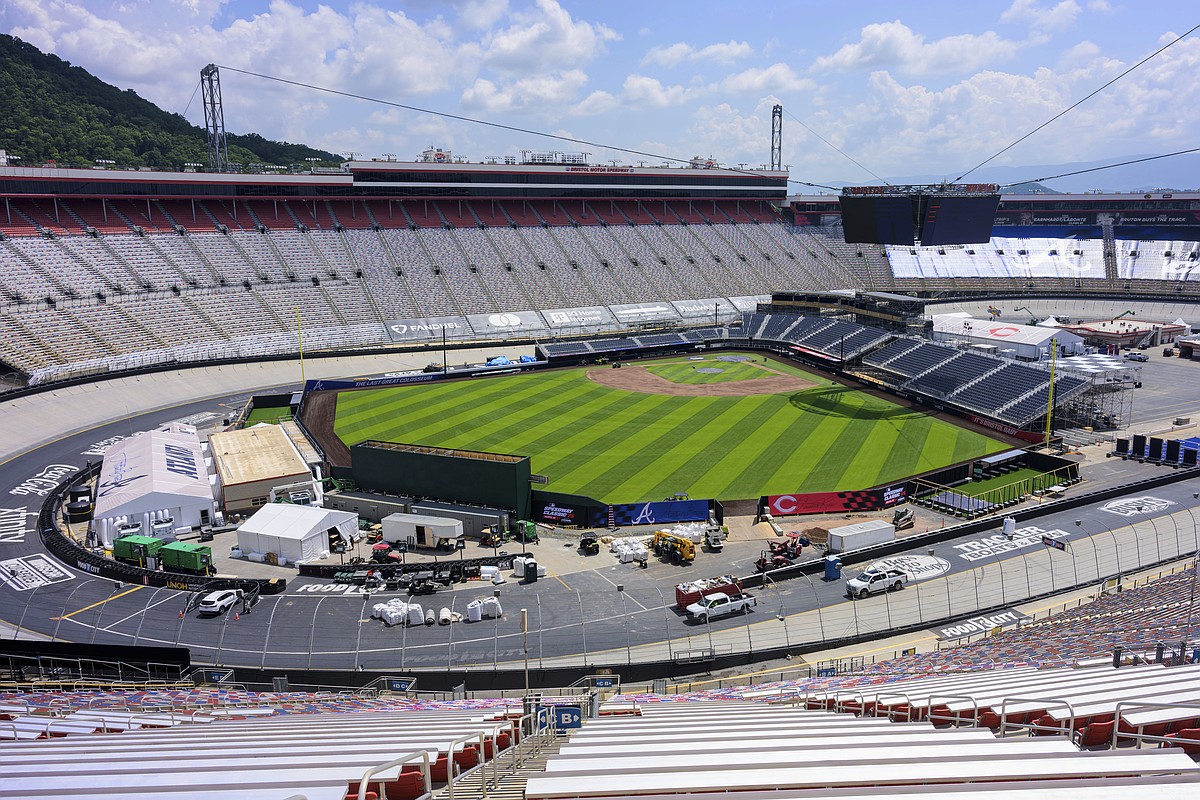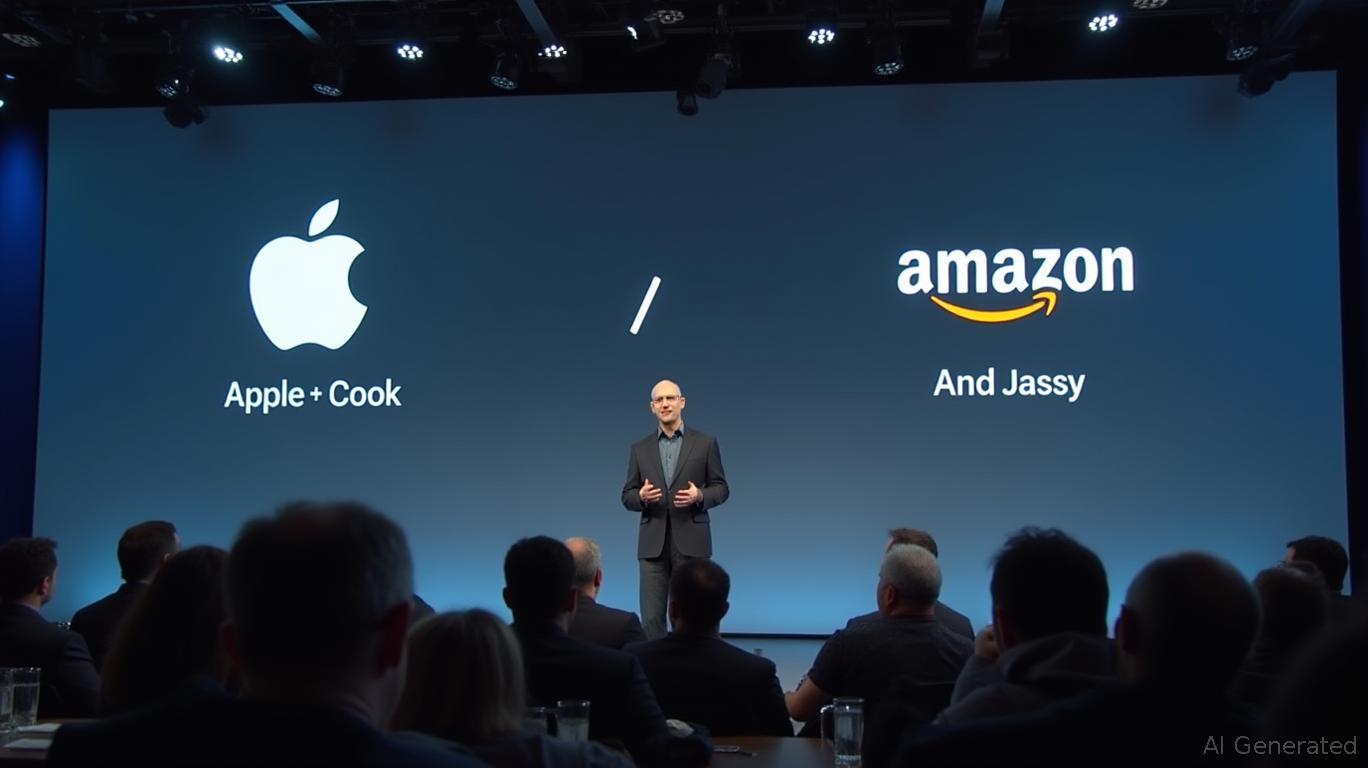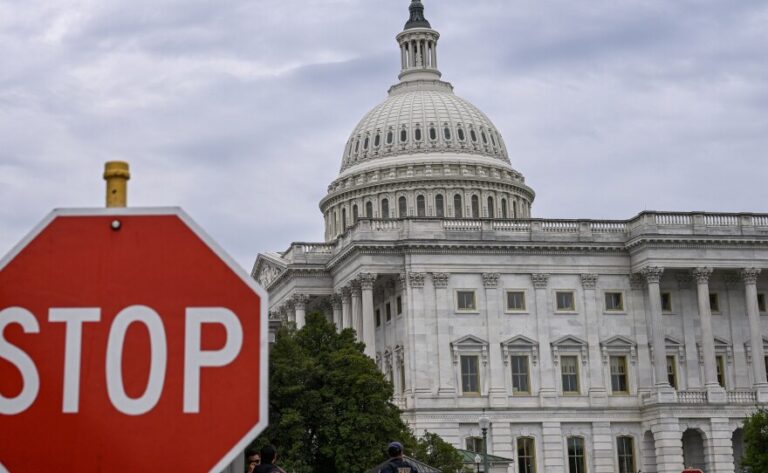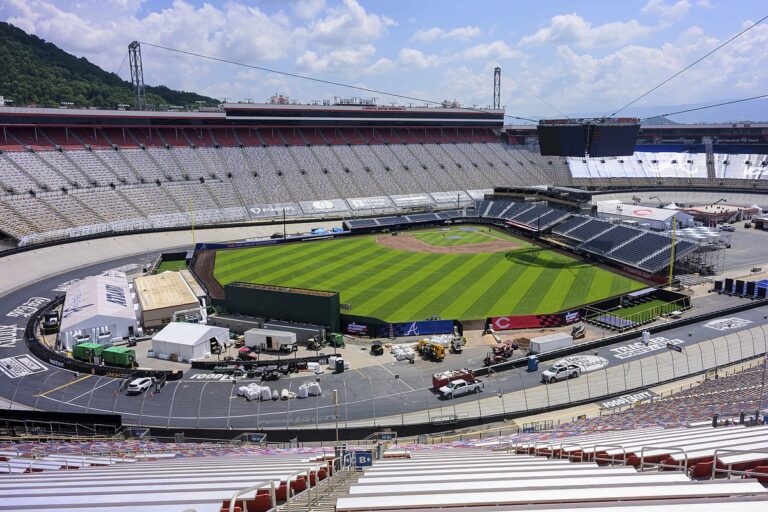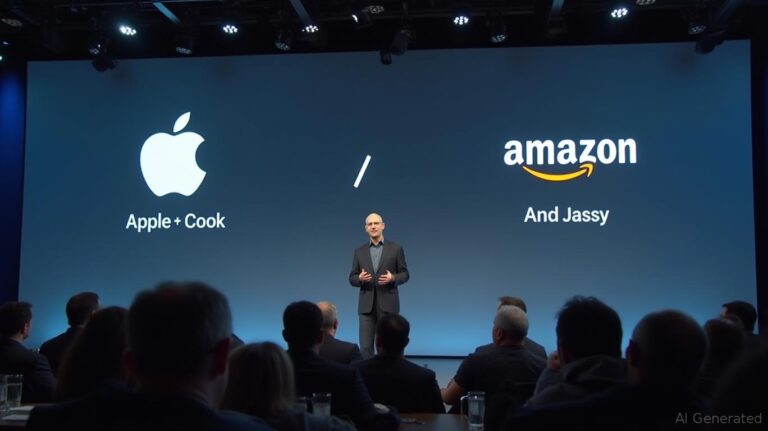The Middle East is entering 2025 with a projected regional GDP exceeding $4.1 trillion, according to the IMF, driven by economic diversification, record public investment, and rapid growth in sectors like energy, tech, and infrastructure. Over $3 trillion in active infrastructure projects are underway across the GCC, with Saudi Arabia alone accounting for more than $1.3 trillion.
Foreign direct investment (FDI) inflows to the region grew by 39% in 2023, and this momentum is expected to continue as governments actively court global capital with incentives such as 100% foreign ownership, tax holidays, and sovereign fund partnerships.
For example, Saudi Arabia’s NEOM project, valued at over $500 billion, is already seeing contracts awarded for renewable energy, smart cities, and biotech.
The UAE has registered more than 800 fintech firms in its free zones as of early 2024, while Qatar is investing $45 billion into LNG and green energy expansion. Egypt’s mega-infrastructure plans are supported by the Suez Canal Economic Zone and sovereign wealth partnerships to attract private investors.
Investors looking at the Middle East in 2025 should not limit their view to traditional sectors like oil and gas. Major growth areas now include renewables, fintech, smart cities, digital healthcare, logistics, and cybersecurity, all backed by regulatory reform, government funding, and expanding consumer demand.
1. United Arab Emirates (UAE): Diversification, Tech, and Tourism
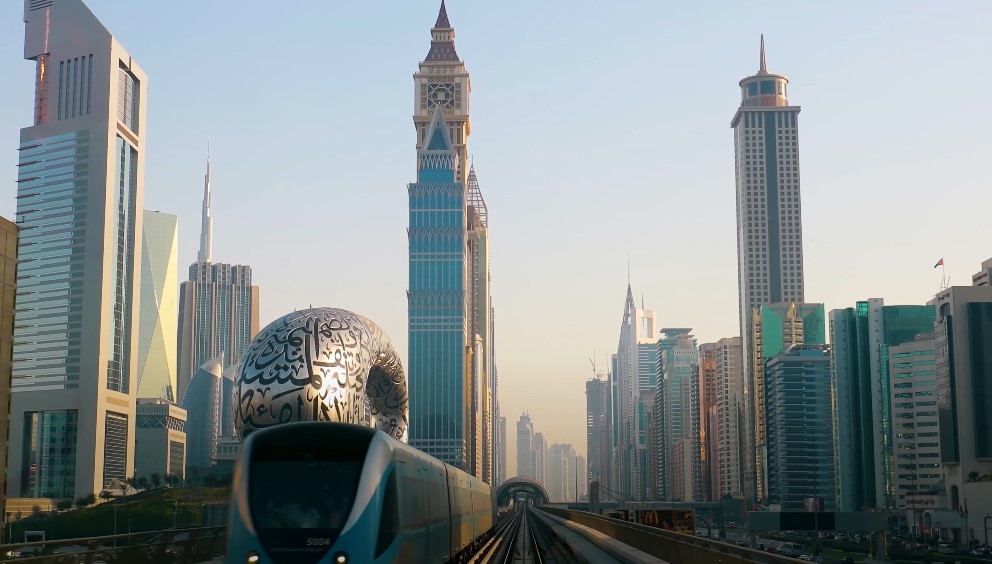
The UAE remains a regional investment leader due to its advanced infrastructure, liberalized economic policies, and government-backed innovation programs. Dubai and Abu Dhabi continue to attract capital across real estate, finance, clean energy, and tourism. The UAE’s strategic reforms have positioned it as a launchpad for regional expansion and long-term investment.
Key Investment Areas
| Sector | Details |
| Real Estate | Off-plan property in Dubai continues to draw investment; smart city projects like Dubai South and Sharjah Sustainable City are expanding. |
| Tourism & Hospitality | With 28 million visitors projected for Dubai Expo legacy and increasing events in Abu Dhabi, demand for hotels and attractions is high. |
| Fintech | DIFC and ADGM host over 800 fintech companies. Regulatory sandboxes make it easy to launch and test innovations. |
| Renewable Energy | Masdar’s expansion and NEOM’s energy linkages create opportunities in solar, hydrogen, and wind energy. |
Dubai continues to experience a boom in off-plan real estate investment, with strong foreign demand for projects like Dubai Creek Harbour, Emaar Beachfront, and Business Bay expansion.
Sharjah Sustainable City and Expo City Dubai are drawing attention for green infrastructure and smart tech integration.
Property ROI in prime Dubai areas ranges from 6–9% annually, with luxury and branded residences often selling out in pre-launch stages.
Tourism is recovering aggressively, with 28 million visitors expected in 2025, driven by global events, medical tourism, and visa-free travel for over 80 nationalities.
Abu Dhabi is investing heavily in cultural tourism through projects like the Guggenheim Museum, Zayed National Museum, and Saadiyat Island developments. Hotel groups like Accor, Marriott, and Rotana are expanding rapidly, and the hospitality pipeline includes over 160,000 hotel rooms under development or planning.
2. Saudi Arabia: Vision 2030 in Action
Saudi Arabia is undergoing a historic economic shift, like many rich Arabian countries, reducing reliance on oil and investing in infrastructure, tourism, mining, and digital innovation. The government, led by the Public Investment Fund (PIF), is pouring trillions into mega-projects that are reshaping the business environment.
Priority Projects and Sectors
| Sector | Flagship Projects |
| Infrastructure & Real Estate | NEOM, The Line, Qiddiya, Red Sea Project |
| Mining & Metals | Ma’aden expansion, rare earth exploration |
| Renewable Energy | 58.7 GW of capacity by 2030, mainly solar and wind |
| Digital Economy | Saudi Data and AI Authority (SDAIA) initiatives, smart government, and blockchain pilots |
Saudi Arabia has over $1.3 trillion in active construction projects. The most iconic is NEOM, a $500+ billion futuristic region with components like The Line (a 170km linear city), Oxagon (a floating industrial hub), and Trojena (a mountain resort).
Qiddiya is a mega entertainment and sports city near Riyadh. The Red Sea Project, spread over 28,000 km², will include 50 luxury resorts and 8,000 hotel rooms. These projects aim to attract over 100 million visitors per year by 2030.
The kingdom is unlocking its $1.3 trillion worth of untapped mineral resources, with Ma’aden (Saudi Arabia’s mining giant) investing heavily in gold, bauxite, and phosphate.
It has also opened exploration for rare earth elements, crucial for electric vehicles and defense applications. International investors can now take up to 100% ownership in mining licenses.
3. Qatar: LNG Dominance and Tech Startups
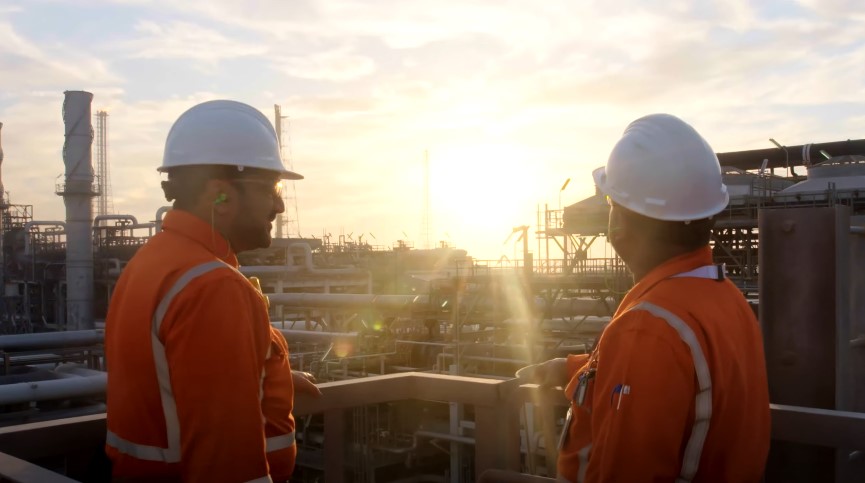
Qatar remains one of the wealthiest countries per capita and a global energy powerhouse. It is aggressively diversifying into smart infrastructure, digital health, and fintech.
Major Investment Themes
| Sector | Details |
| LNG & Energy | North Field Expansion: world’s largest LNG project with ExxonMobil, Shell, Total |
| Startups & Fintech | Qatar FinTech Hub, QSTP incubators; early-stage funding and accelerator support |
| Smart Cities | Lusail City, Msheireb Downtown: smart infrastructure, AI transport, green design |
Qatar is increasing LNG output from 77 million tons/year to 126 million tons/year by 2027 through the North Field Expansion, a $45 billion mega project. It has signed long-term export contracts with Germany, China, and Pakistan. Partners like Shell, ExxonMobil, and TotalEnergies are involved in upstream production and midstream logistics.
The Qatar FinTech Hub (QFTH) and Qatar Science & Technology Park (QSTP) provide grants, acceleration programs, and access to government procurement. Fintech startups like CWallet, Karty, and SkipCash are gaining market share in payments and micro-lending. The government provides 100% ownership and tax holidays via the Qatar Free Zones Authority (QFZA).
Qatar’s property sector is expanding steadily, especially in premium zones like Lusail City, The Pearl, and West Bay, where residential towers, retail districts, and mixed-use developments continue to attract regional and international buyers.
Demand for rental and freehold units has increased in the wake of FIFA 2022 and ongoing infrastructure projects tied to the country’s National Vision 2030. Government-backed freehold policies for foreigners and long-term residency incentives have contributed to rising transactions in both the residential and commercial segments. Reliable market data and available listings can be reviewed at https://www.fgrealty.qa
4. Egypt: Infrastructure and Industrial Zones
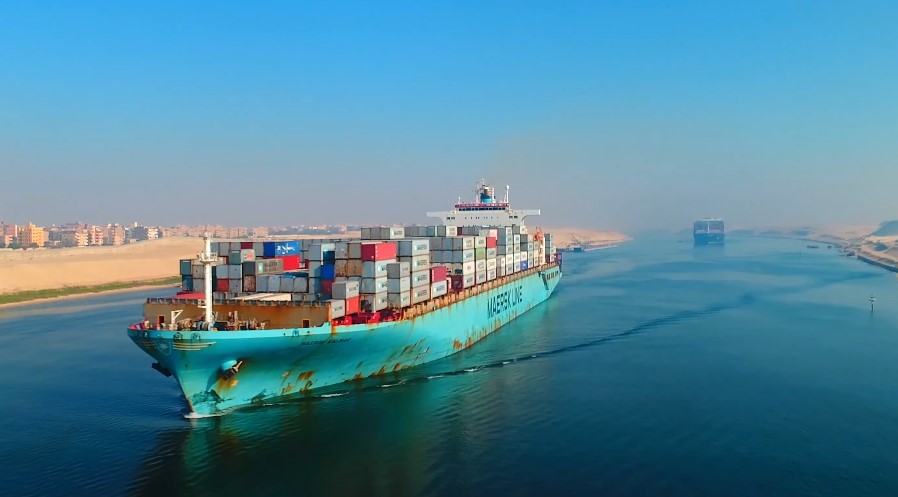
Egypt, with a population exceeding 110 million, offers large-scale consumer markets and strategic trade access to Africa, the Mediterranean, and the Gulf. In 2025, infrastructure, manufacturing, logistics, and renewable energy will be Egypt’s strongest investment magnets.
Top Investment Priorities
| Sector | Opportunities |
| Transport & Logistics | Suez Canal Economic Zone (SCZone), high-speed rail, and port modernization |
| Industrial Manufacturing | New Administrative Capital industrial zones, automotive, and textiles |
| Renewable Energy | Benban Solar Park, green hydrogen export deals with the EU |
| Tech & Outsourcing | IT parks in Smart Village, Maadi Tech Park; outsourcing to EU, Gulf markets. |
The Suez Canal Economic Zone (SCZone) is a 460 km² trade and manufacturing corridor, offering zero customs duties, streamlined port access, and land leasing.
Over $10 billion in Chinese, Emirati, and European investments have already been deployed here. Egypt is also building a 2,000 km high-speed rail network (by Siemens) connecting Red Sea and Mediterranean ports. Alexandria and Ain Sokhna ports are being expanded for increased container capacity and digital operations.
Egypt’s New Administrative Capital (NAC) is more than just a government relocation—it’s a logistics, light manufacturing, and ICT hub.
Automotive manufacturers like Nissan and General Motors have assembly operations, while Egypt is positioning itself as a low-cost textiles and home appliances exporter. Industrial zones offer 10-year tax holidays, and investors have access to COMESA and AfCFTA trade zones.
The Benban Solar Park, located in Aswan, has over 1.65 GW installed capacity and is part of Egypt’s strategy to reach 42% renewable electricity by 2035. Egypt signed green hydrogen export MoUs totaling $40 billion, including agreements with the EU and Germany for ammonia and methanol production in Ain Sokhna.
European-backed infrastructure (via EBRD, AfDB) reduces political risk and increases co-financing availability.
5. Israel: Deep Tech and Innovation Ecosystem
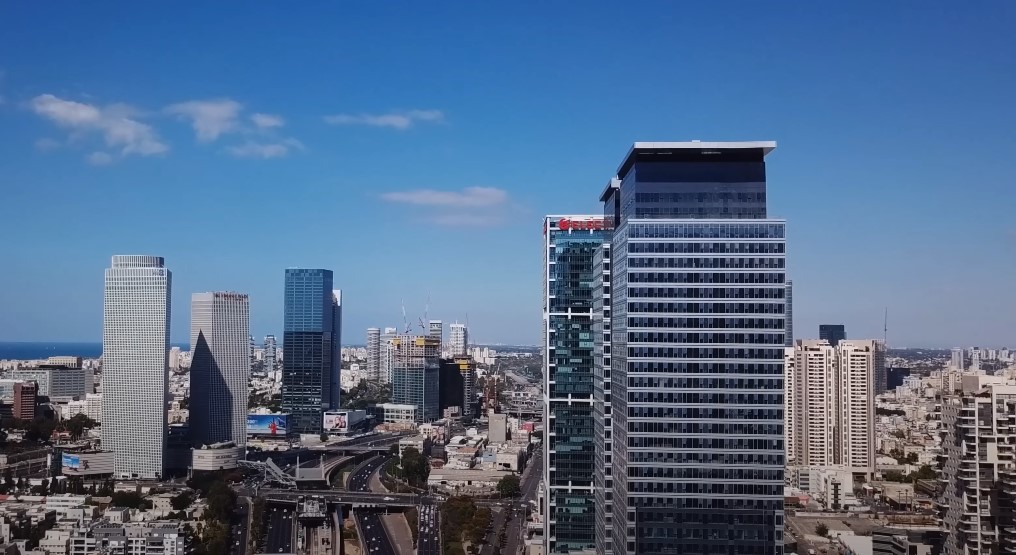
Israel offers one of the world’s most mature and innovation-driven economies. It has the highest R&D expenditure per capita globally (4.9% of GDP) and a thriving startup ecosystem across AI, biotech, cybersecurity, and semiconductors.
Startup and Investment Highlights
| Sector | Details |
| Artificial Intelligence | 1,600+ AI startups; government funding for quantum and autonomous tech |
| Cybersecurity | 9 B++ in cybersecurity exports annually; deep defense-tech collaborations with the U.S. |
| Biotech & HealthTech | Tel Aviv biotech IPOs, precision medicine, AI diagnostics |
| Agri-Tech & Water Tech | Startups for water reuse, precision agriculture, and solar-powered desalination are being exported globally. |
Over 1,600 Israeli startups operate in AI, including in NLP, computer vision, and edge computing.
The Israeli government invested $380 million in 2023–2025 into a national AI strategy, including quantum computing labs and autonomous system testbeds. Startups like AI21 Labs and Run: AI are global leaders, while multinationals like Intel, Nvidia, and Apple have large Israeli AI research hubs.
Israel accounts for 10% of global cybersecurity startup investment. Key players include Check Point, Cybereason, and SentinelOne.
The CyberSpark innovation district in Beersheba hosts over 100 companies and academic labs. Cybersecurity startups are forming partnerships with the UAE, Bahrain, and Saudi Arabia post-Abraham Accords for secure fintech and infrastructure systems.
Startups like Netafim (precision irrigation) and Watergen (air-to-water systems) are exporting to Africa and Southeast Asia. Israel recycles over 85% of its wastewater, leading the world, and is exporting solar desalination systems through partnerships in Kenya, India, and Cyprus.
6. Oman and Bahrain: Niche Growth and Reform Momentum
While smaller in size, Oman and Bahrain are positioning themselves as specialized investment destinations, offering low operating costs, strategic logistics, and early-mover advantages in green sectors.
| Country | Sector | Details |
| Oman | Green Hydrogen & Logistics | Duqm SEZ hydrogen/ammonia hub, BP partnerships, Asia-Europe shipping corridor |
| Oman | Tourism & Light Industry | Salalah Free Zone and coastal hospitality expansion |
| Bahrain | Fintech & Open Banking | First open banking regulation in MENA, fast-tracked fintech licensing |
| Bahrain | Industrial Investment | BIIP offers factory-ready land, proximity to the Saudi market |
Bottom Line
The Middle East in 2025 is no longer defined by oil — it is a diversified investment landscape powered by trillions in public funding, state-backed mega-projects, liberalized regulations, and rising non-oil GDP.
From Saudi Arabia’s giga-projects and Egypt’s trade corridor infrastructure to the UAE’s fintech and renewable energy dominance, every major economy in the region is opening its doors to foreign capital with concrete incentives, strategic reforms, and sector-specific growth.
For serious investors, the opportunity is clear:
- Low-tax, high-growth markets
- Access to sovereign wealth fund partnerships
- Strategic logistics hubs bridging Asia, Europe, and the government guarantee priority sectors like energy, tech, and logistics.
But success requires real commitment. Investors must engage locally, understand sector-specific policy frameworks, and align with national strategies like Vision 2030, Green Middle East, or GCC digital transformation goals. The rewards, however, are substantial — with above-market returns, first-mover advantages, and direct access to some of the world’s most ambitious economic transformations.

